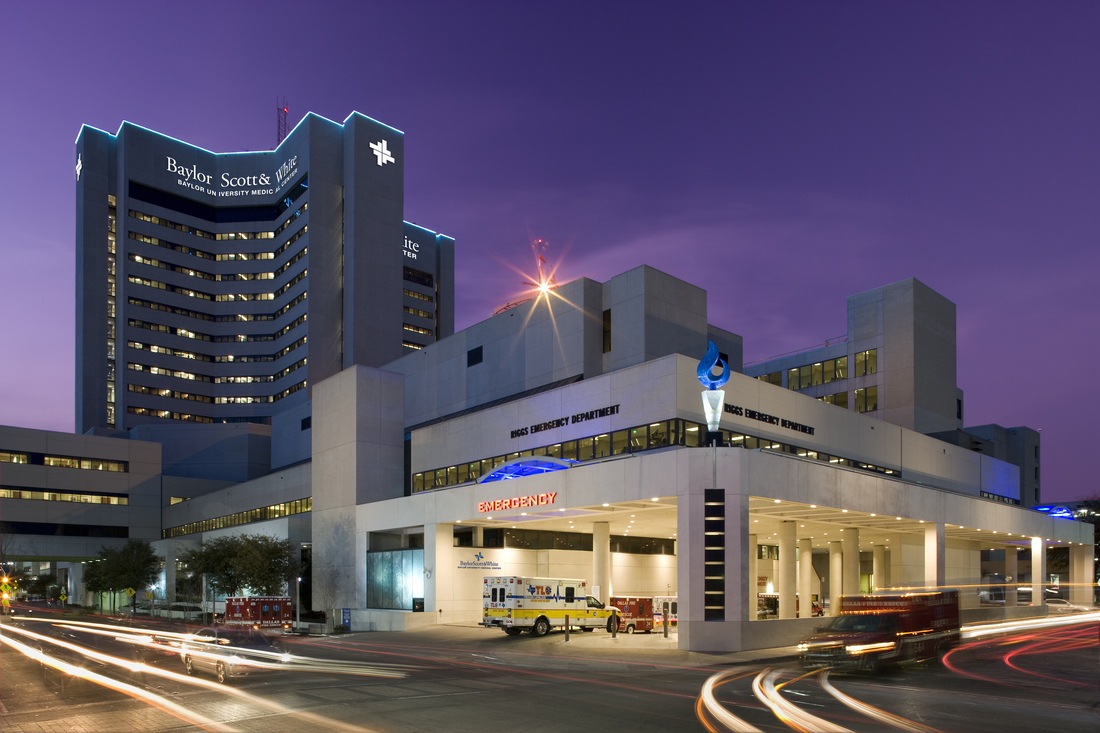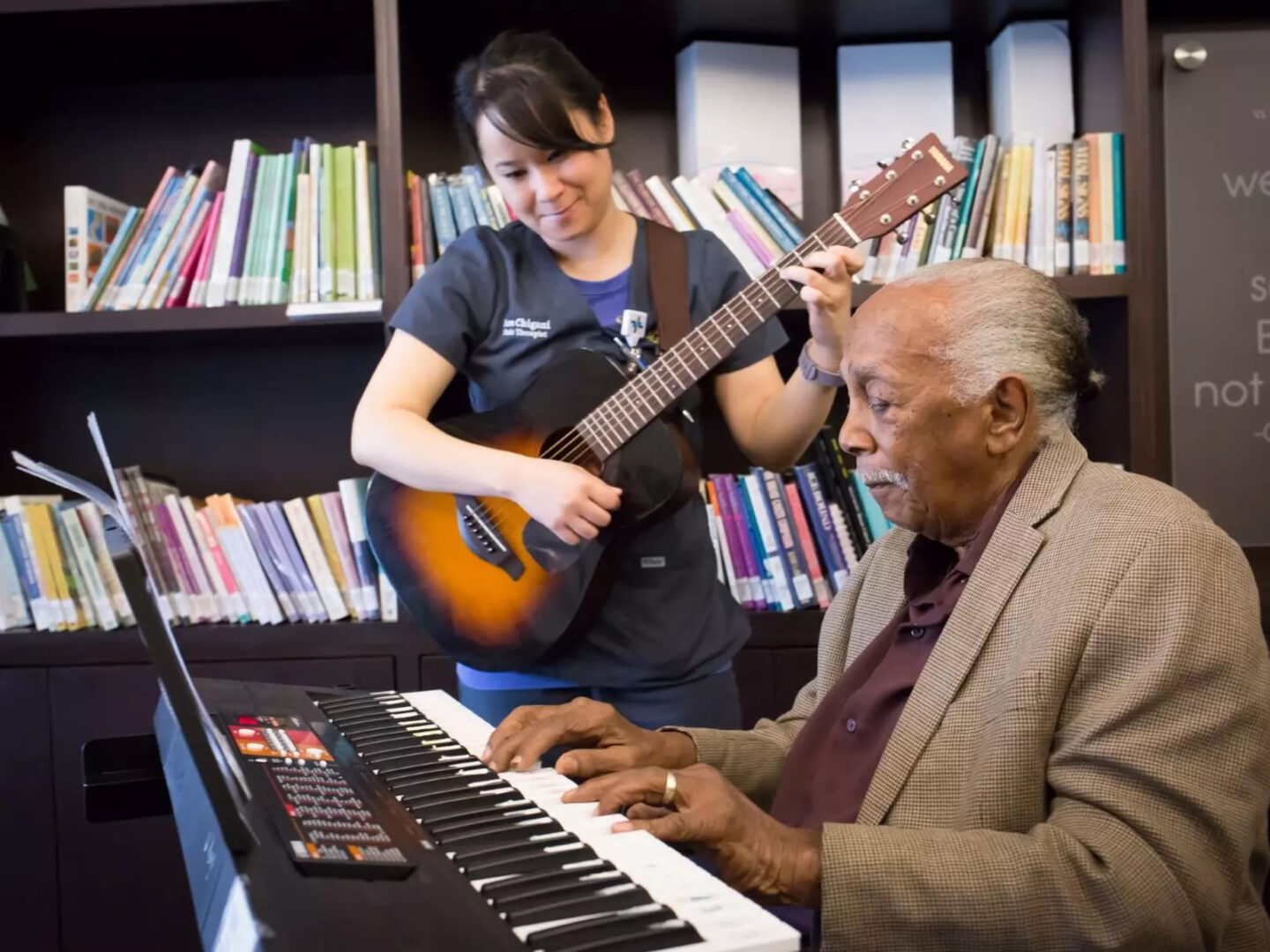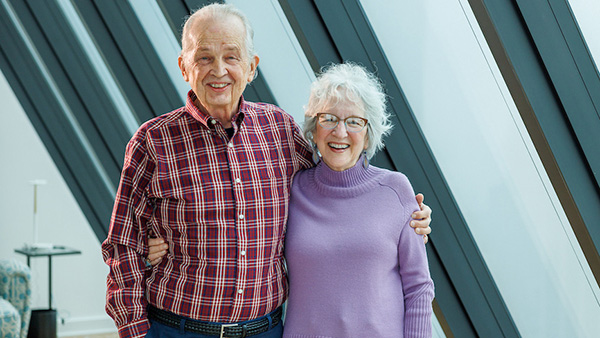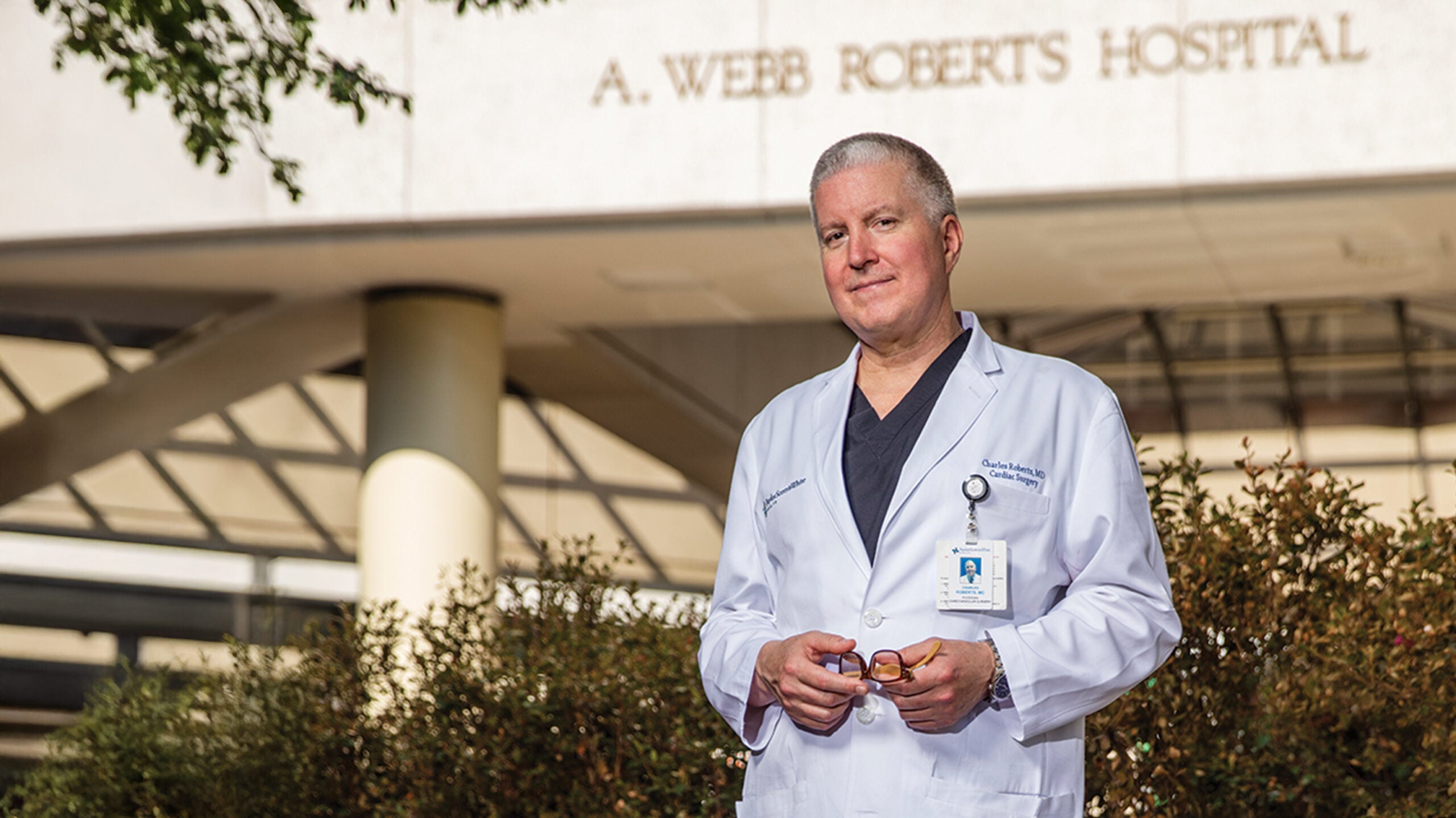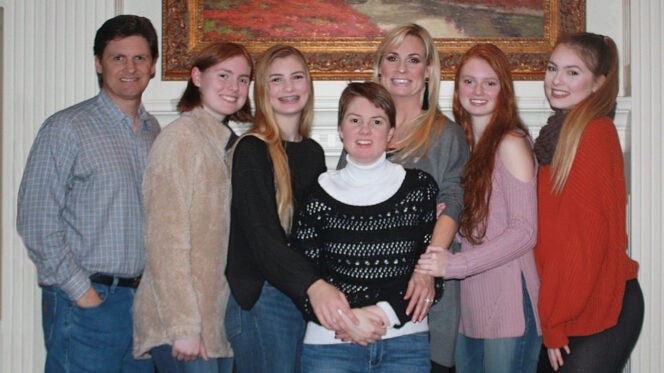Innovative new center focuses on providing quality care for patients with diseases of the aorta
The aorta is the largest artery of the human body. Oxygen-rich blood enters the aorta and the heart pumps the blood out to the rest of the body. A variety of diseases and conditions can cause damage to the aorta and put patients at great risk. These conditions include atherosclerosis (hardening of the arteries), hypertension (high blood pressure), genetic conditions, connective tissue disorder and injury.
When affected by disease, the aorta can split (dissection) or dilate (aneurysm). In either case, the rupture may have life-threatening implications. These conditions require timely and specialized treatment. The Aortic Center of Baylor Scott & White Heart and Vascular Hospital – Dallas is poised to become one of the few Texas centers focused on diagnosing and treating aortic disease and its complications to bring vital care to those in need.
One of the Aortic Center’s biggest champions is Charles Roberts, MD. Dr. Roberts serves as chair of the Department of Cardiac Surgery and chief of Cardiovascular Services at Baylor University Medical Center at Dallas. His vision for the Center is to establish it as a national referral center that provides patients timely and convenient access to experts who focus on the treatment of the many aortic-related issues.
“To achieve the best outcomes for all aortic patients, a focused team involving many disciplines is necessary, including cardiac surgeons, vascular surgeons, cardiac anesthesiologists, intensive care specialists, hypertension specialists and specialized radiologists,” Dr. Roberts explains. “Operations for aortic conditions are usually high risk and are often done as an ‘after hours’ emergency. Having an expert team on the medical staff always available at our Dallas campus is a great benefit to patients.”
Symptoms of aortic dissection often include severe chest or back pain, mimicking those of other diseases and making it especially challenging to diagnose. However, when an aortic dissection is detected early and treated promptly, the chance of survival can greatly improve.
“The national average rate of mortality in surgeries for aortic dissection is 20 percent. Our team tries to achieve results well below this benchmark. We believe this is more easily achieved in an institution such as Baylor Scott & White—where these high-risk procedures are performed more frequently. In abdominal aortic aneurysms, often called AAA, the results are also excellent. Baylor Scott & White Heart and Vascular Hospital – Dallas just received a High Performing rating
from U.S. News & World Report for AAA repair,” he says.
About 140 patients underwent aortic operations last year at Baylor Scott & White and numerous other patients were treated nonoperatively. “Our goal is to treat aneurysms and dissections
in the most effective, minimally invasive way, and with quality operative and nonoperative care,” Dr. Roberts adds.
For more information on how to support cardiovascular research initiatives, please contact Melissa Dalton at 214.820.2705 or Melissa.Dalton@BSWHealth.org.
